HRPDC Coastal Resiliency Program
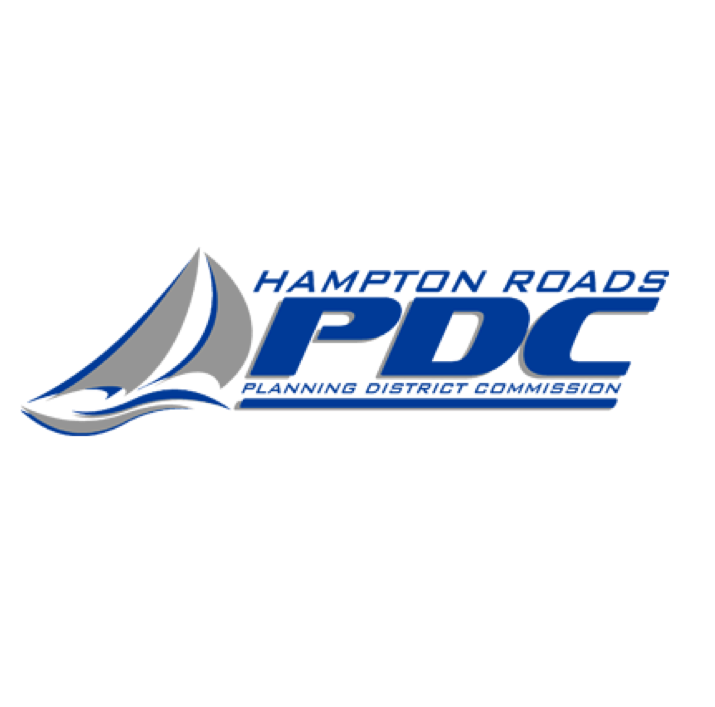
The Hampton Roads Planning District Commission Coastal Resiliency Program includes maps of coast flooding, sea level rise, research, policy guidance and viewing tools.
- Primary Topic: Sea Level Change
- Sub Topic: Flooding, Flooding Prevention, Local Resource
- Grade Level: High School, Middle School
- Resource Type: Background Information or Research, Dataset, Interactive Map
National Ocean Service’s Sea Level Rise Facts
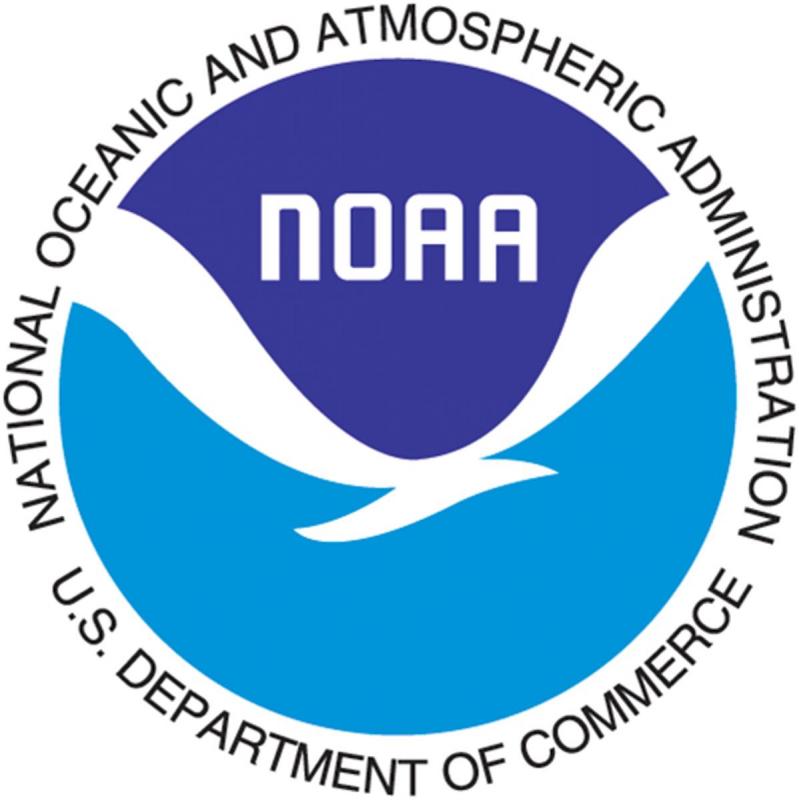
Enjoy NOAA’s background information on sea level rise causes, impacts and efforts to combat it.
- Primary Topic: Sea Level Change
- Sub Topic: Flooding, Flooding Prevention, Wetlands
- Grade Level: High School, Middle School
- Resource Type: Background Information or Research
Virginia Cooperative Extension – Environmental Quality
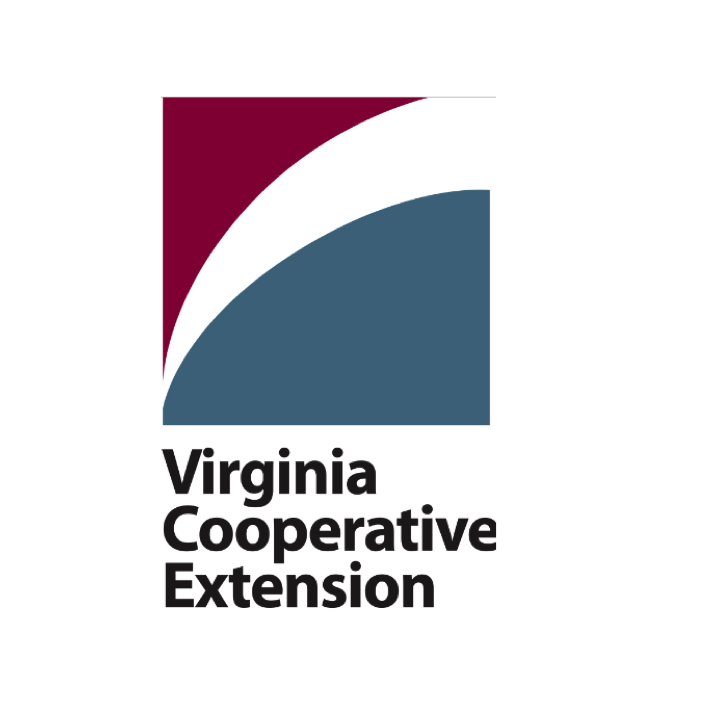
Virginia Cooperative Extension resources for environmental quality. Topics include greenhouse gases, stewardship, water conservation, nutrient management, composting and more!
- Primary Topic: Climate Change
- Sub Topic: Conservation, Ecology, Encourage Resilient Action, Water Quality & Pollution
- Grade Level: High School, Middle School
- Resource Type: Background Information or Research, Case Study
Virginia Cooperative Extension – Water Quality
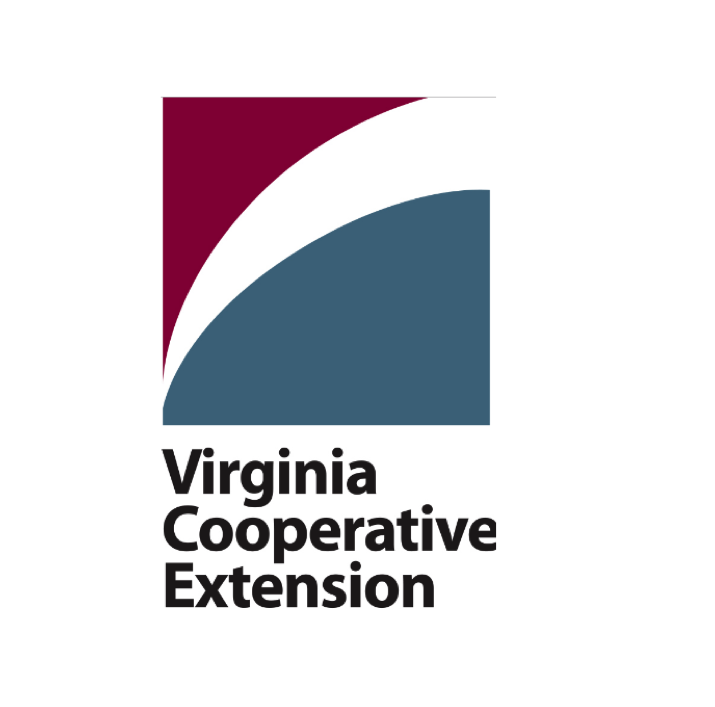
Virginia Cooperative Extension resources for home water quality. Topics include greywater, reusing rainwater, water quality, emergency water supply, well water and more!
- Primary Topic: Reduce Carbon Footprint
- Sub Topic: Capture & Reuse Rainwater, Conservation, Ecology, Flooding, Flooding Prevention, Local Resource, Water Quality & Pollution, Weather & Natural Disasters
- Grade Level: High School, Middle School
- Resource Type: Activity, Background Information or Research, Lesson Plan, News Article, Video
National Geographic Climate Resources

National Geographic Resources and news articles for understanding climate change impact on wildlife, natural disasters, greenhouse gases and more!
- Primary Topic: Climate Change
- Sub Topic: Conservation, Ecology, Renewable Resources/Energy Conservation, Weather & Natural Disasters
- Grade Level: High School, Middle School
- Resource Type: Background Information or Research, Case Study, Downloadable Map, News Article, Newsletter Magazine
Climate Generation: Climate Change Education Resources

Climate Change educational resources for all ages. Includes climate science curriculum guides, and other student resources and student summer and future opportunities!
- Primary Topic: Climate Change
- Sub Topic: Capture & Reuse Rainwater, Encourage Resilient Action, Flooding Prevention, Solar Programs, Weather & Natural Disasters
- Grade Level: Elementary School, High School, Middle School
- Resource Type: Activity, Background Information or Research, Educational Programs, Educator Professional Development, Lesson Plan, Newsletter Magazine
- Program Type: Beyond the Classroom Program
NOAA’s Ocean and Coasts Education Resources
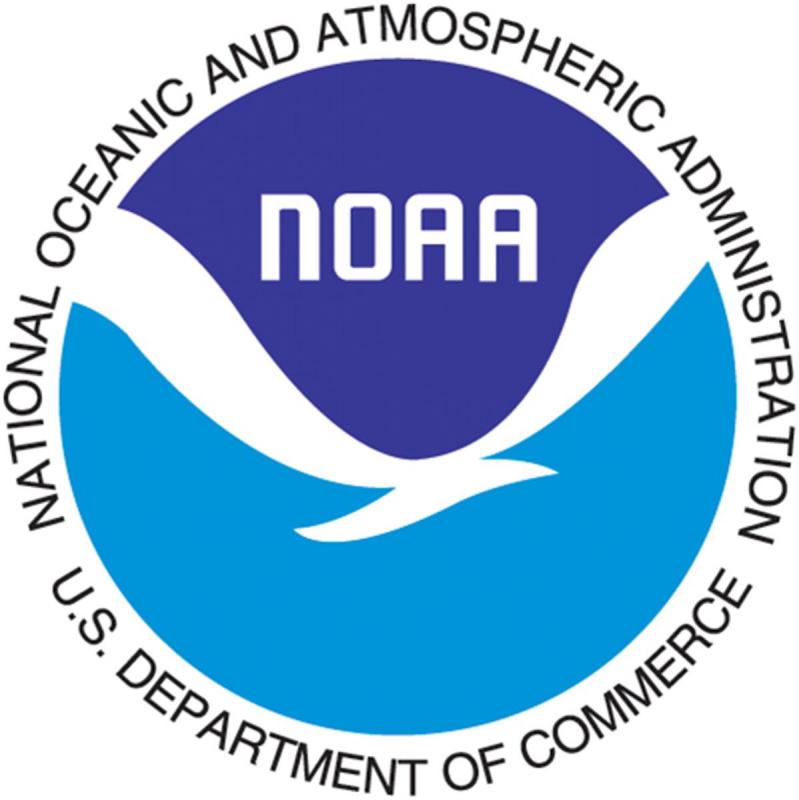
Includes research, cases studies, data, charts, and background information on Ocean Acidification, Ocean Currents, Ocean Floor Features, Ocean Pollution, Tides, and Tsunamis.
- Primary Topic: Marine Education
- Sub Topic: Water Quality & Pollution, Weather & Natural Disasters
- Grade Level: Elementary School, High School, Middle School
- Resource Type: Background Information or Research, Case Study, Dataset, Downloadable Map, Interactive Map
University of Maryland Center for Environmental Science Resources

Browse through research from the University of Maryland Center for Environmental Science on topics such as the Chesapeake Bay watershed and climate change.
- Primary Topic: Climate Change
- Sub Topic: Chesapeake Bay Watershed, Ecology
- Grade Level: High School
- Resource Type: Background Information or Research
NOAA’s Climate Education Resources
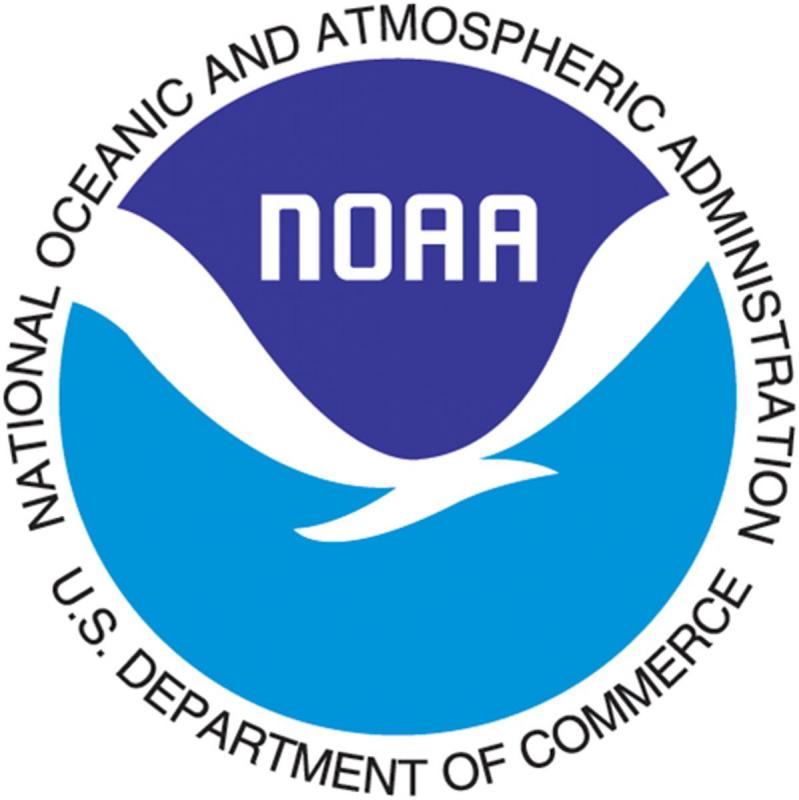
NOAA’S Climate Education resources include activities, research, cases studies, data, charts, and background information on Climate related topics. Topics include Carbon Cycle, Changing Seasons, Climate Change Impacts, Climate Monitoring and more!
- Primary Topic: Climate Change
- Sub Topic: Conservation, Encourage Resilient Action, Flooding Prevention, Renewable Resources/Energy Conservation, Weather & Natural Disasters
- Grade Level: High School, Middle School
- Resource Type: Background Information or Research, Case Study, Dataset, Downloadable Map, Interactive Map, Lesson Plan
Smithsonian Environmental Research Center Resources

Explore the Smithsonian Environmental Research Center’s research by topic. Topics include biodiversity and conservation, biological invasions, ecosystems ecology, environmental pollution, food webs, global change, history & archaeology, parasite & disease ecology, watersheds & land use.
- Primary Topic: Climate Change
- Sub Topic: Chesapeake Bay Watershed, Conservation, Ecology, Food Production, Water Quality & Pollution
- Grade Level: High School, Middle School
- Resource Type: Background Information or Research
VIMS BRIDGE Ocean Science Background Information

Explore Background information on topics including Biology & Ecology, Physics, Chemistry & Geology, Climate & Atmosphere, Human Activities, Heritage & History, and Technology.
- Primary Topic: Sea Level Change
- Sub Topic: Conservation, Ecology, Encourage Resilient Action, Flooding, Flooding Prevention, Food Production, Renewable Resources/Energy Conservation, Water Quality & Pollution
- Grade Level: Elementary School, High School, Middle School
- Resource Type: Activity, Background Information or Research, Case Study, Lesson Plan, Video
Current Health of the Chesapeake Bay
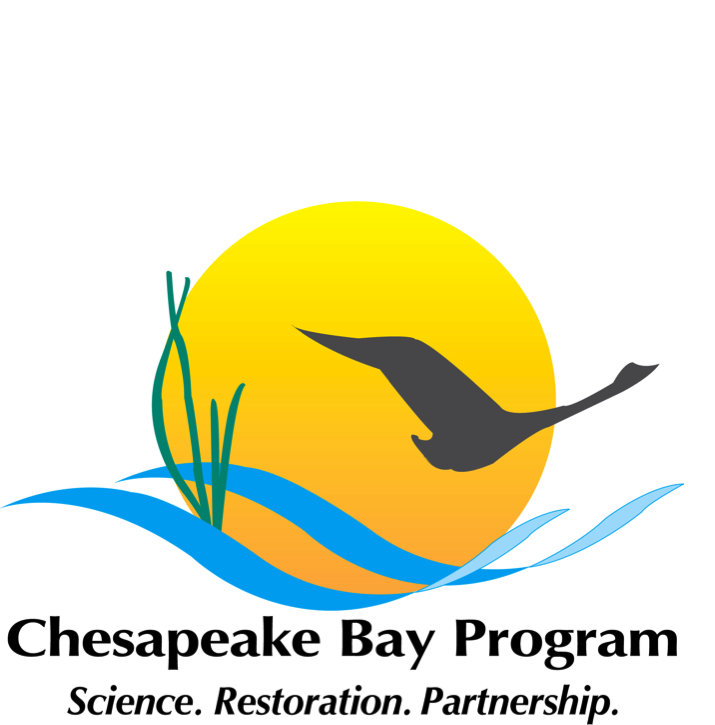
- Learn about the current state of the Chesapeake Bay and the factors that have major impacts on its health. Each topic includes diagrams, data, maps, and an informative summary.
- Topics include: bald eagles, blue crabs, climate change, the dead zone fish passage, invasive species, litter, osprey, oysters, pollution, population, rivers, striped bass, tree cover, and wetlands.
- Primary Topic: Marine Education
- Sub Topic: Chesapeake Bay Watershed, Conservation, Ecology, Flooding, Flooding Prevention, Local Resource, Water Quality & Pollution, Wetlands
- Grade Level: High School, Middle School
- Resource Type: Activity, Background Information or Research, Resilience Report, Student Action Plan
Chesapeake Bay Health Resources
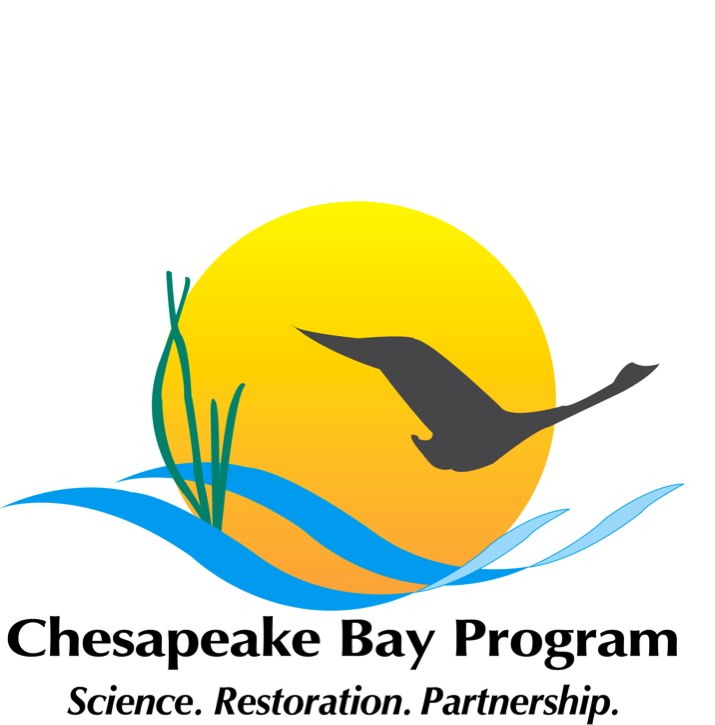
Learn about the complex issues involved in the health and success of the Chesapeake Bay. Each topic includes an introductory video, Overview, Importance, Effects on the Chesapeake Bay, and Current Actions Taken section.
Topics include: agriculture, air pollution, blue crabs, chemical contaminants, climate change, Conowingo dam, development, forest buffers, forests, groundwater, invasive species, menhaden, nutrients, oysters, population growth, rivers and streams, sediments, shad, stormwater runoff, striped bass underwater grasses, wastewater and wetlands.
- Primary Topic: Reduce Carbon Footprint
- Sub Topic: Chesapeake Bay Watershed, Conservation, Ecology, Flooding, Local Resource, Water Quality & Pollution, Wetlands
- Grade Level: High School, Middle School
- Resource Type: Activity, Background Information or Research, Dataset, News Article, Student Action Plan, Video
Chesapeake Bay Resources
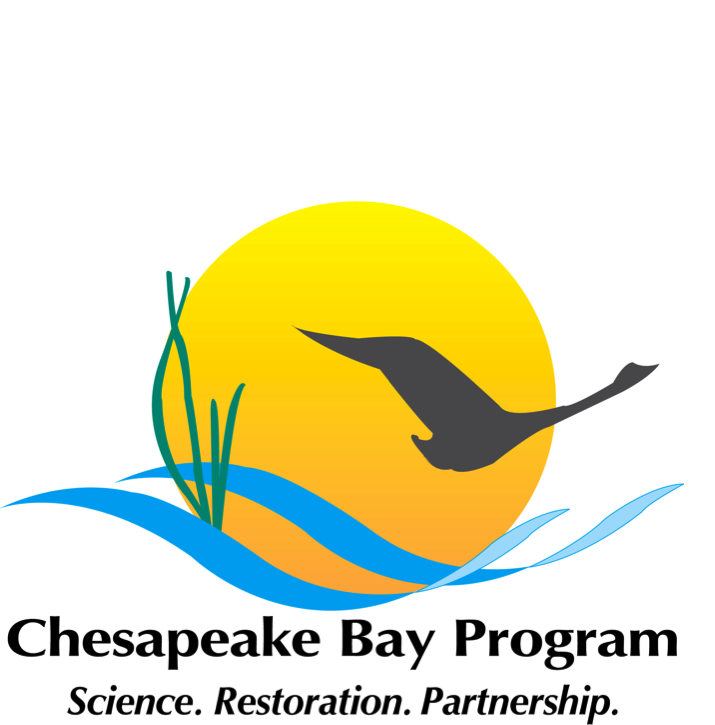
- Field Guide: learn more about 250 species of birds, fish, insects, mammals, plants, reptiles, invertebrates, and amphibians in the Chesapeake Bay Watershed
- Facts & Figures: Discover details about the Chesapeake Bay’s geography, flora, fauna and people
- Ecosystem: Learn how the Bay, its habitats and the plants and animals they support form a productive and complex ecosystem
- Watershed: Explore the 64,000 square miles that make up the Bay watershed, home to more than 18 million people.
- History: Conclusive history timeline of the Chesapeake Bay area.
- FAQ: Frequently asked questions about the Chesapeake Bay and its watershed, habitats, and wildlife.
- Glossary: Use this reference guide to learn terms used to describe the Chesapeake Bay, its ecosystem and the restoration efforts
- Primary Topic: Marine Education
- Sub Topic: Chesapeake Bay Watershed, Conservation, Ecology, Flooding, Flooding Prevention, Food Production, Local Resource, Water Quality & Pollution, Wetlands
- Grade Level: Elementary School, High School, Middle School
- Resource Type: Activity, Background Information or Research, Case Study, Downloadable Map, Interactive Map
CBF Activity: Bay-sic Ratios
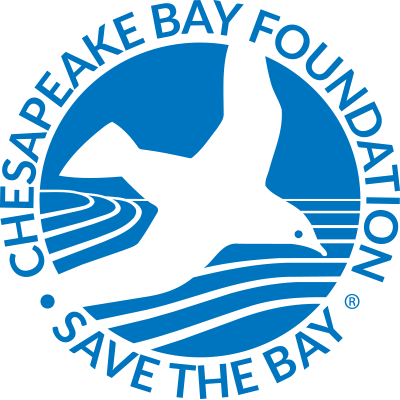
A lesson plan activity called “Bay-sic Ratios”. Includes background information, procedure, materials, vocabulary, interactive questions, charts and maps.
- Primary Topic: Reduce Carbon Footprint
- Sub Topic: Chesapeake Bay Watershed, Conservation, Local Resource
- Grade Level: High School, Middle School
- Resource Type: Activity, Background Information or Research, Dataset, Downloadable Map, Interactive Map
Become an Eco School!

Register your school as an Eco School! Students learn environmental responsibility and how to take positive action. Includes Lesson Plans for teachers, Case Studies, Earth Charter for Education Guide, and the Seven Steps for becoming an Eco School.
- Primary Topic: Reduce Carbon Footprint
- Sub Topic: Capture & Reuse Rainwater, Chesapeake Bay Watershed, Conservation, Encourage Resilient Action, Flooding Prevention, Food Production, Renewable Resources/Energy Conservation, Water Quality & Pollution
- Grade Level: Elementary School, High School, Middle School
- Resource Type: Activity, Background Information or Research, Case Study, Educator Guide, Lesson Plan
CBF Activity: Grant Proposals for Students
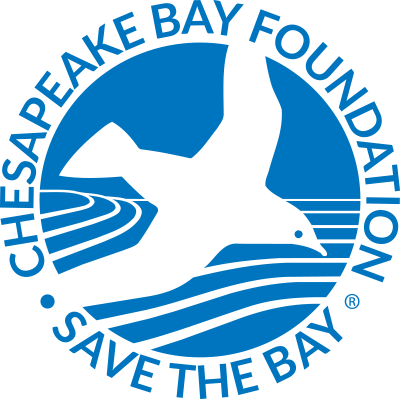
Five tips for students on how to create a strong grant proposal. Includes ability to download Chesapeake Classroom’s Education and Environment focused Grants for K-12 Schools.
- Primary Topic: Reduce Carbon Footprint
- Sub Topic: Conservation, Encourage Resilient Action, Local Resource
- Grade Level: Elementary School, High School, Middle School
- Resource Type: Activity, Background Information or Research, Case Study, Educator Guide, Lesson Plan
World Wildlife Fund Teacher Resources

Resources include downloadable Lesson Plan Toolkits on different conservation topics. Each toolkit includes two science activities, art activity, science activity, math activity, language arts activity, posters, physical education activity, and other student and teacher resources.
- Primary Topic: Reduce Carbon Footprint
- Sub Topic: Conservation, Ecology, Encourage Resilient Action
- Grade Level: Elementary School, High School, Middle School
- Resource Type: Activity, Background Information or Research, Case Study, Downloadable Map, Educator Professional Development, Lesson Plan, Student Action Plan
- Professional Development Type: Teacher/Training Workshop
PBS Activity: Citizen Science
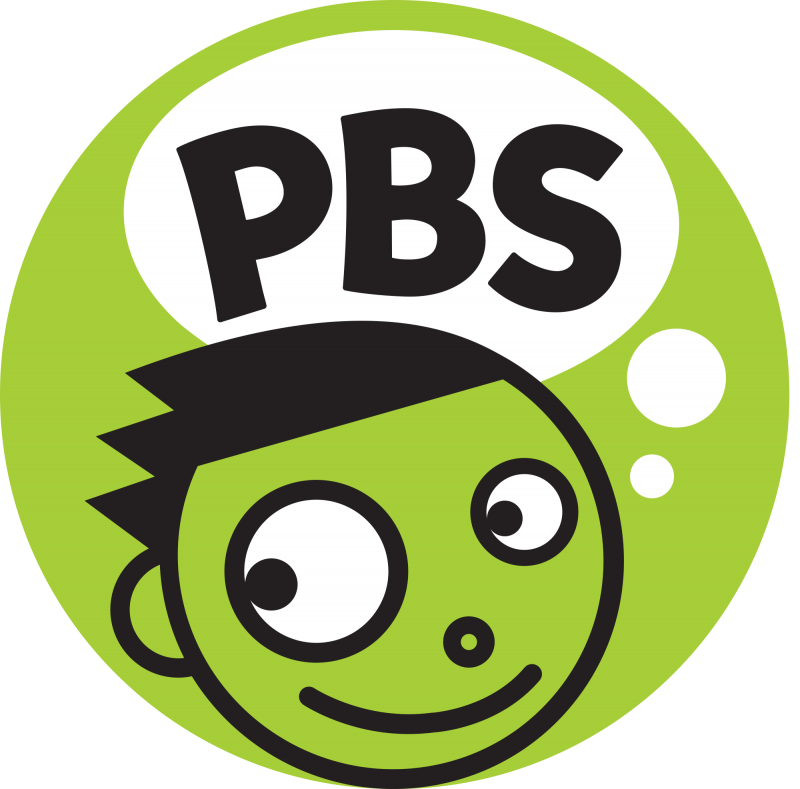
Search through a collection of student environmental projects. Topics include climate, health, education, chemistry, biology, geography, pollinators, and more!
- Primary Topic: Reduce Carbon Footprint
- Sub Topic: Conservation, Ecology, Encourage Resilient Action, Water Quality & Pollution
- Grade Level: Elementary School, Middle School
- Resource Type: Activity, Educational Programs
- Program Type: Community Outreach
PBS Activity: Be a Trash Detective
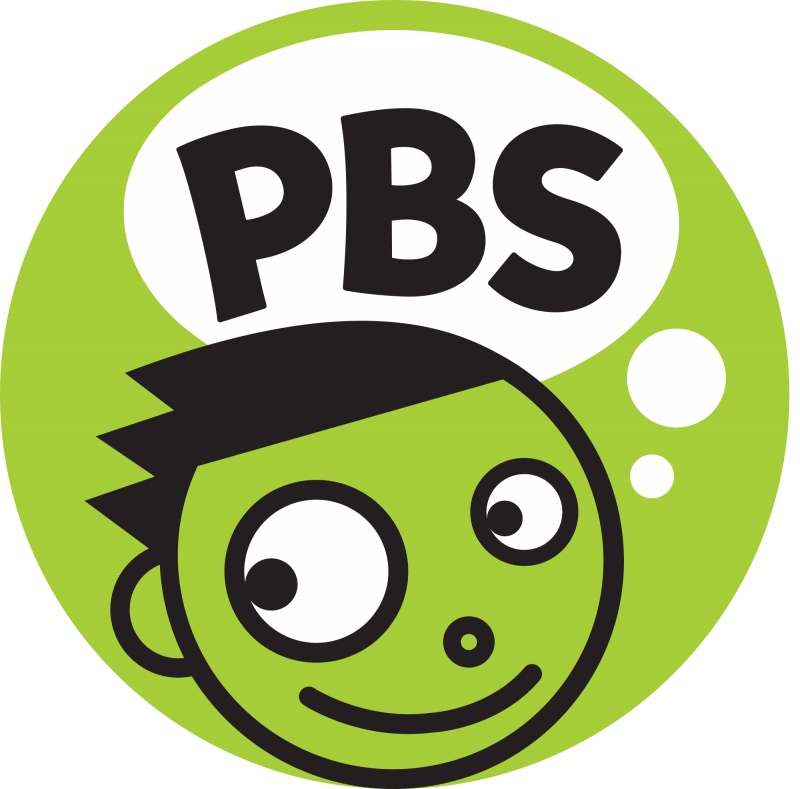
Hands On activity on discovering trash in your local community and thinking about where it comes from and where it should go instead.
- Primary Topic: Reduce Carbon Footprint
- Sub Topic: Conservation, Encourage Resilient Action, Water Quality & Pollution
- Grade Level: Elementary School, Middle School
- Resource Type: Activity, Educational Programs
- Program Type: Community Outreach